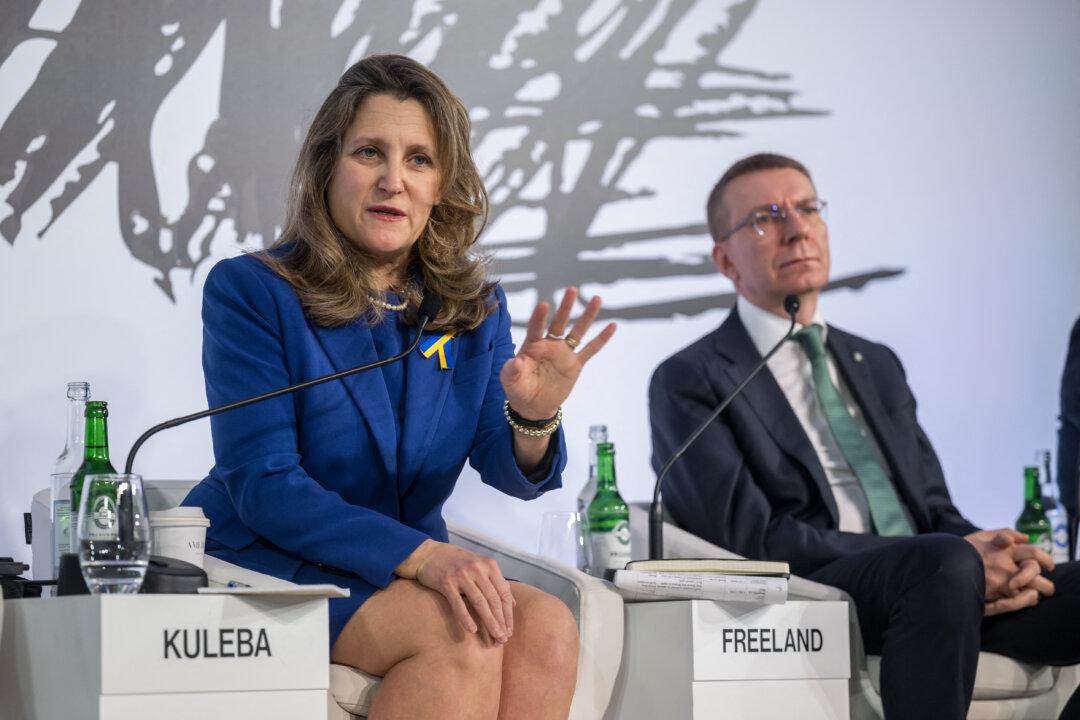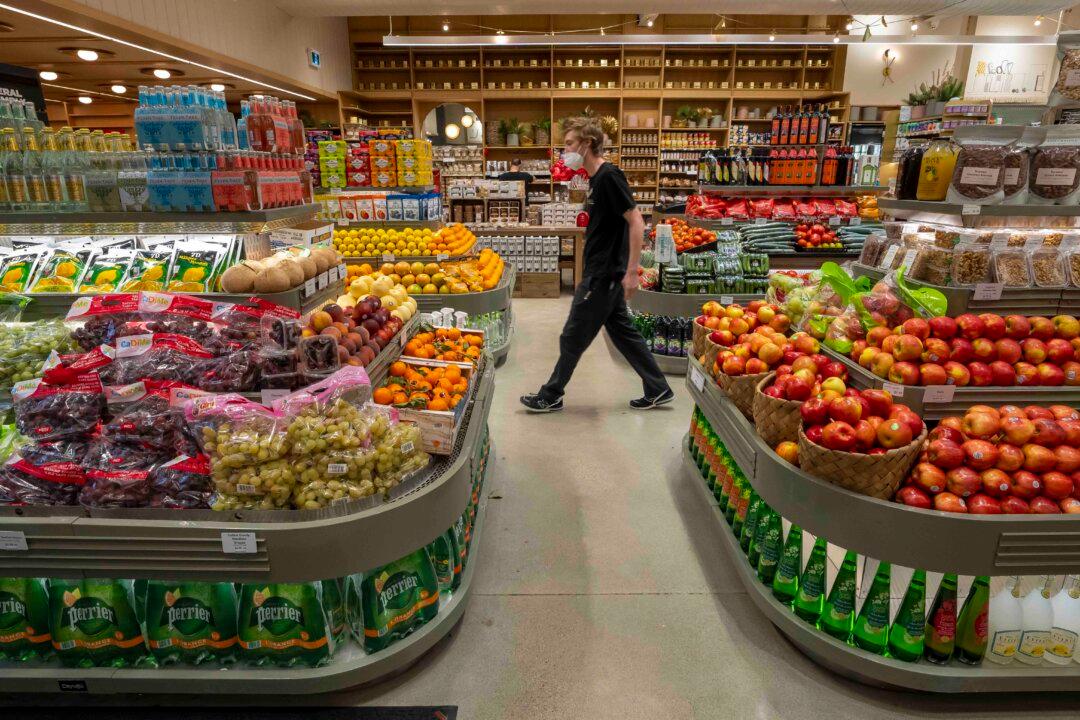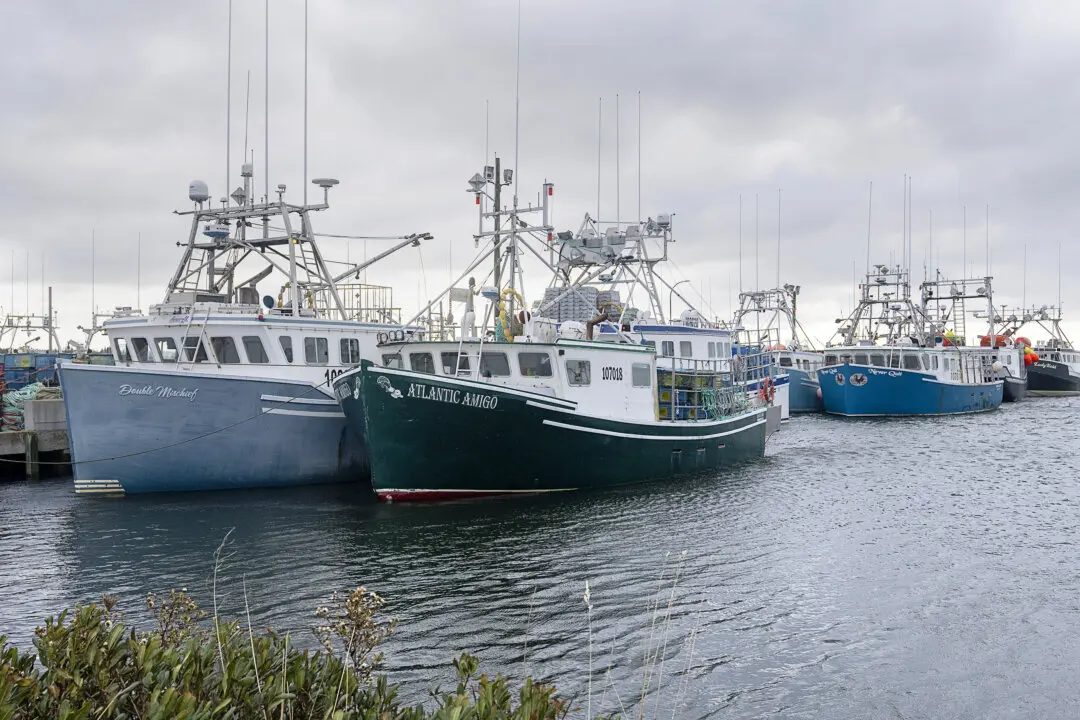Commentary
Many people are deeply worried about Canada’s weak economic performance. But in Davos for the World Economic Forum our Deputy Prime Minister Chrystia Freeland said don’t worry, be happy, we’re an investment magnet because: “Canada is absolutely determined that decarbonization for us, will mean more jobs, more growth, more manufacturing and we recognize, government needs to play a role to make that happen.”





